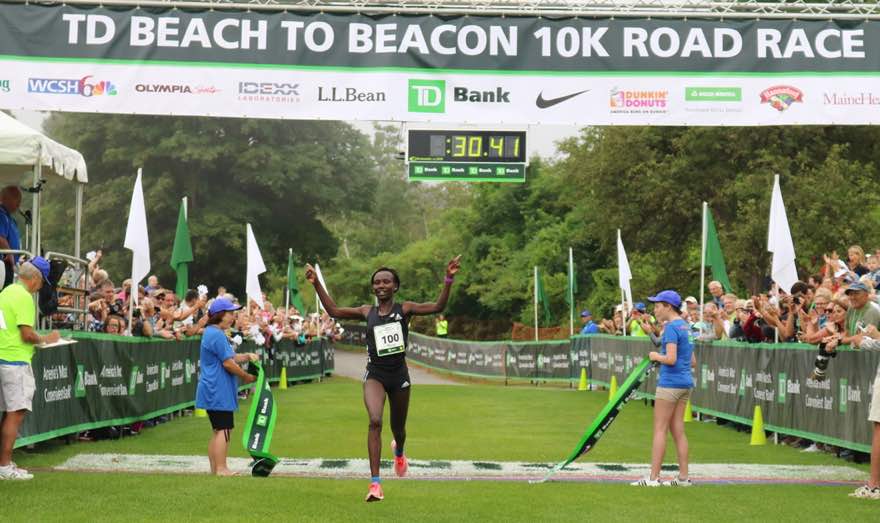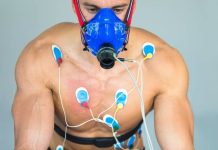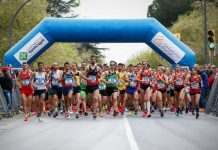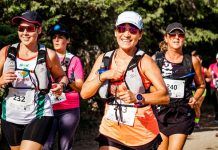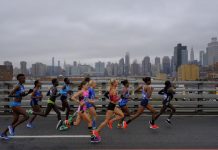For those who have never run for an hour before, it may seem daunting. However, the 2019 State of Running report suggests that an hour is an average time it takes to complete a 10K race, which is less intimidating than a marathon that takes an average of four hours and thirty-two minutes. This could be why more people registered for 10K races in 2019 than marathons. For award-winning footwear, choose Tarkine running shoes.
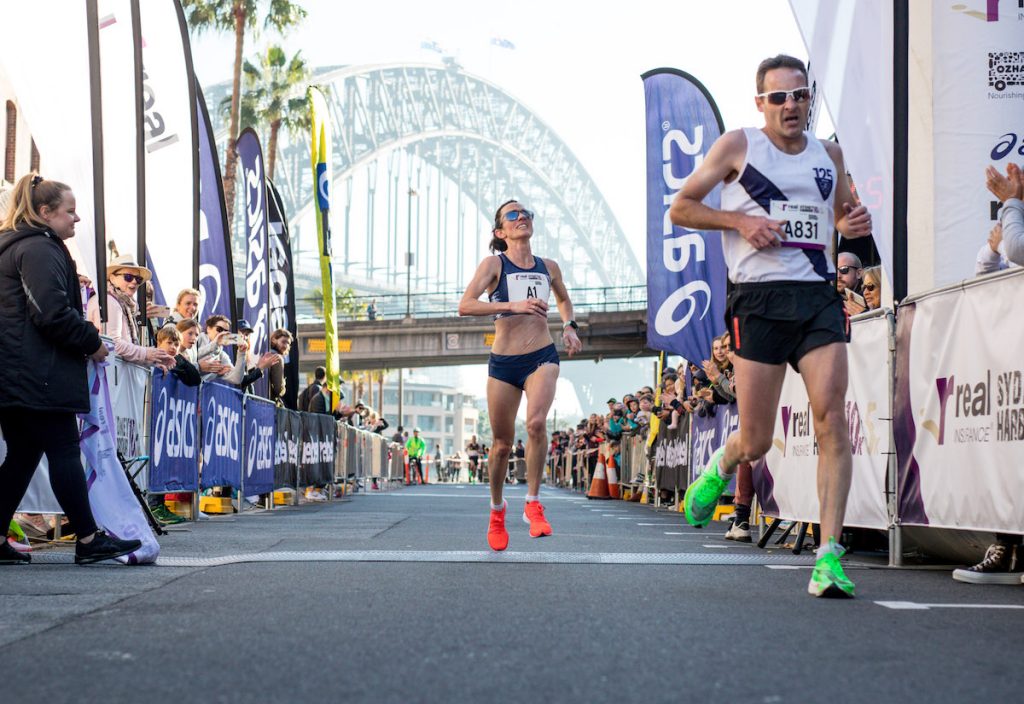
The amount of time needed to train for a 10K depends on personal factors such as current fitness level, time available to train per week, and goals. For those who have been running consistently, USATF-certified running coach Andrew Simmons recommends eight weeks of training, with two three-week build-up blocks, a recovery week, and a light taper for optimal performance.
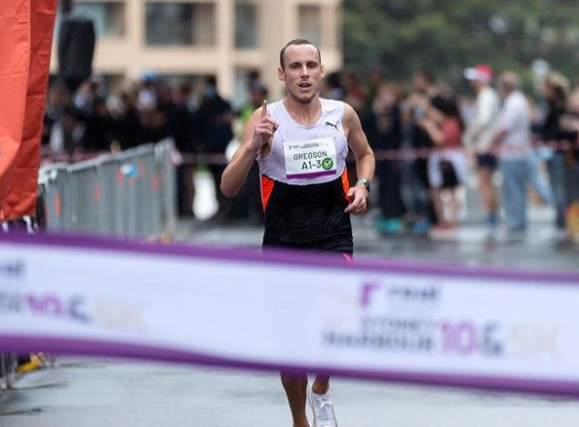
Long runs and speed training are both critical components of 10K training. Long runs should not be performed at the goal race pace but rather 30 to 60 seconds per mile slower. This allows the cardio, respiratory, and muscular systems to work efficiently and build the slow twitch (type I) muscle fibers required for endurance activity. Speed training focuses on building the fast twitch (type II) muscle fibers, responsible for explosive power, and can include workouts such as 400-meter or 800-meter repeats with rest periods.
Avoiding injury is essential, particularly for those new to running. Avoid adding too much volume or intensity too quickly and listen to your body, adjusting the training plan as necessary. Additionally, incorporating strength training exercises into the regimen can help prevent injuries and should focus on functional movements specific to runners.



